Vitamins and minerals are essential building blocks for good health, and we all know the importance of getting more of them into our bodies. But as humans, we’re rarely perfect. Even when you follow a healthy diet it can be easy to miss out (or become deficient in) certain nutrients. Here are some easy ways you can get more of them into your diet.
Blend It Up
Including a wide range of fruits and vegetables into our diets gives us all of the vitamins and minerals we need for good health. But actually eating through it all can be difficult. Especially when you know there are things that are good for you, but you’re not keen on the taste of. Blending it up into soups and smoothies is an excellent way to pack in a huge nutrient boost in a way that’s easy to consume. Even vegetables such as kale, raw carrot, beetroot, and spinach can be disguised in a tasty fruit smoothie without you even being able to tell that they’re there. The same applies to powerhouse ingredients and superfoods such as seeds and goji berries. If you don’t like the taste but want to reap the rewards, blend it into your smoothie with some banana and tasty soft fruits. That way you’ll get it into your system with no trouble whatsoever. The same applies to vegetables; it can be difficult to eat your way through a large selection of them every day. Cooking up a batch of different vegetables and blending them up with some herbs into a soup is an easy way to eat them, and get all of the nutritious benefits.
Get Into Juicing
Another way to get vitamins and minerals into your body aside from blending is juicing. This provides a way to access the digestive enzymes which are typically locked away in the fiber of fruits and vegetables. It’s easy to digest and is a simple way to add the good stuff into your diet without excess calories. Juices also provide you with a boost of energy- so instead of reaching for a cup of coffee or a sugary snack during the day, have a juice instead! There are lots of juicers on the market, a site like Juicer Cruiser can help you find the one that’s right for you.
Store Your Produce Correctly
As soon as fresh fruits, vegetables and herbs are picked they begin to lose nutrients. Storing them correctly will help to slow this process down, meaning you get the most bang for your buck when you do dig in. Vegetables (except root vegetables) should be stored in the refrigerator. Leave them unwashed and in their original packaging. Using a salad crisper drawer will help to protect your fresh vegetables, however, don’t cram in too much or overfill the drawer. Most fruits, except berries, should be stored at room temperature away from direct sunlight. Never store fruits and vegetables together. Fruit gives off ‘ripening’ chemicals which will cause your vegetables to lose nutrients and spoil much more quickly. The shelf life of vegetables varies greatly by type, green onions, for example, can be kept for a few days only no matter what, while how long do carrots last can be extended to weeks by keeping them in the fridge and in their original packaging.
How do you make sure you’re getting enough vitamins in your diet?
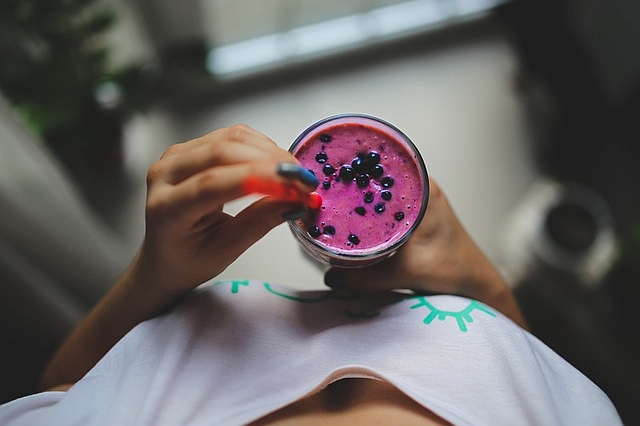 link
link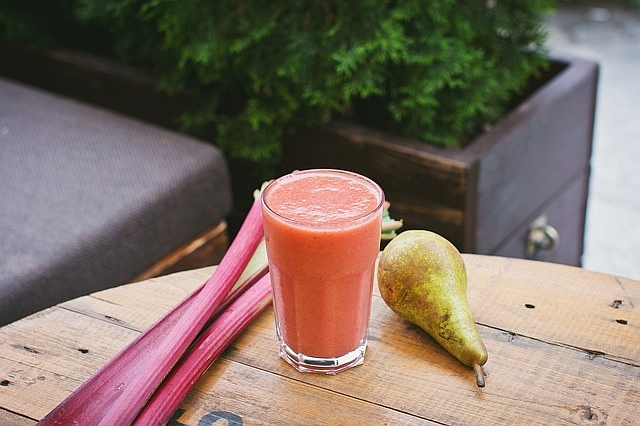 link
link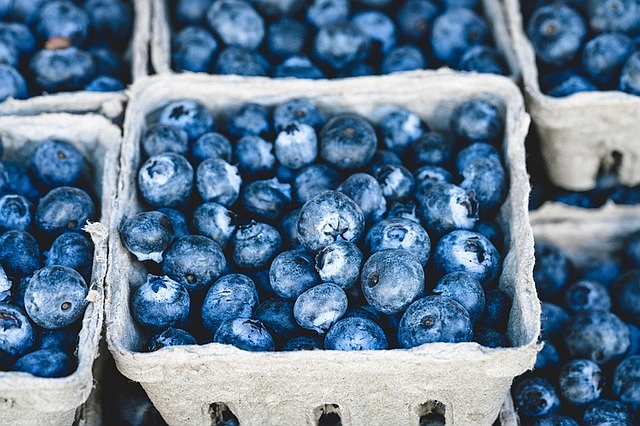 link
link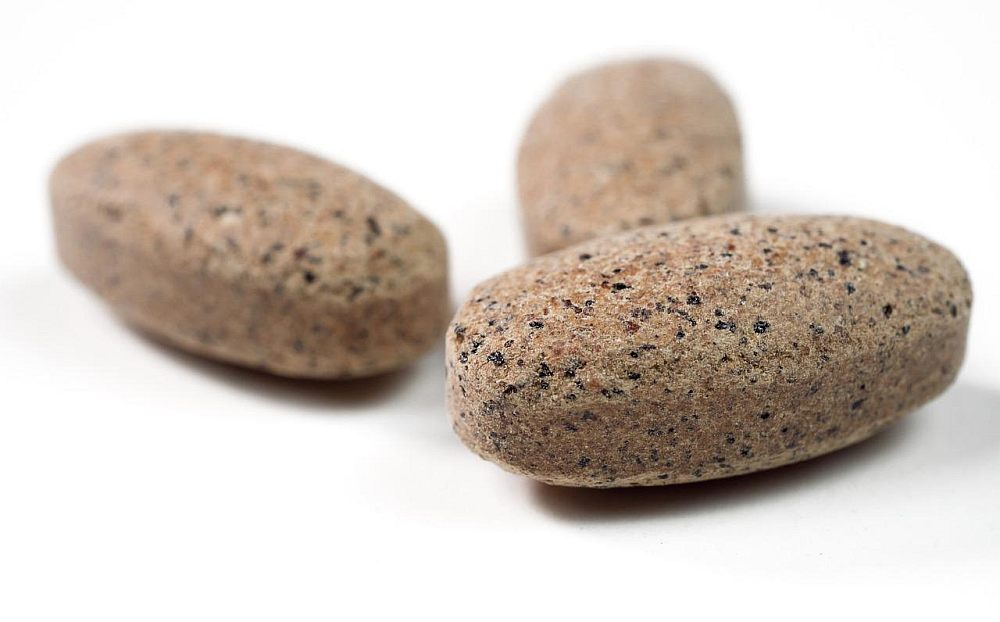
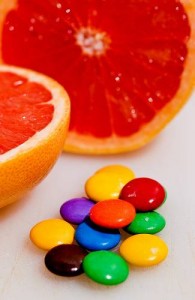
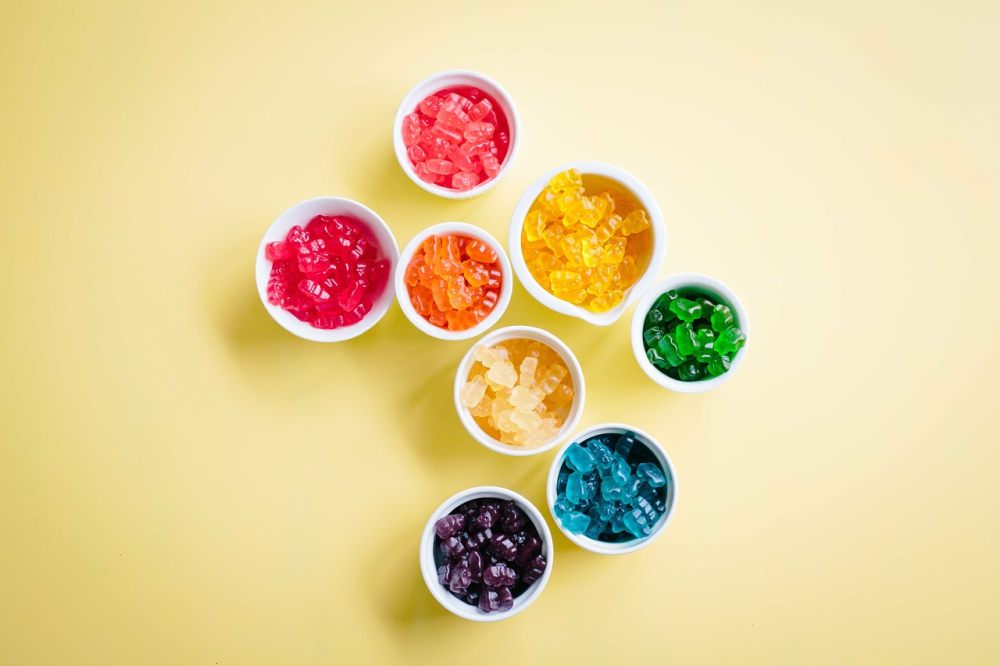
Leave a Reply